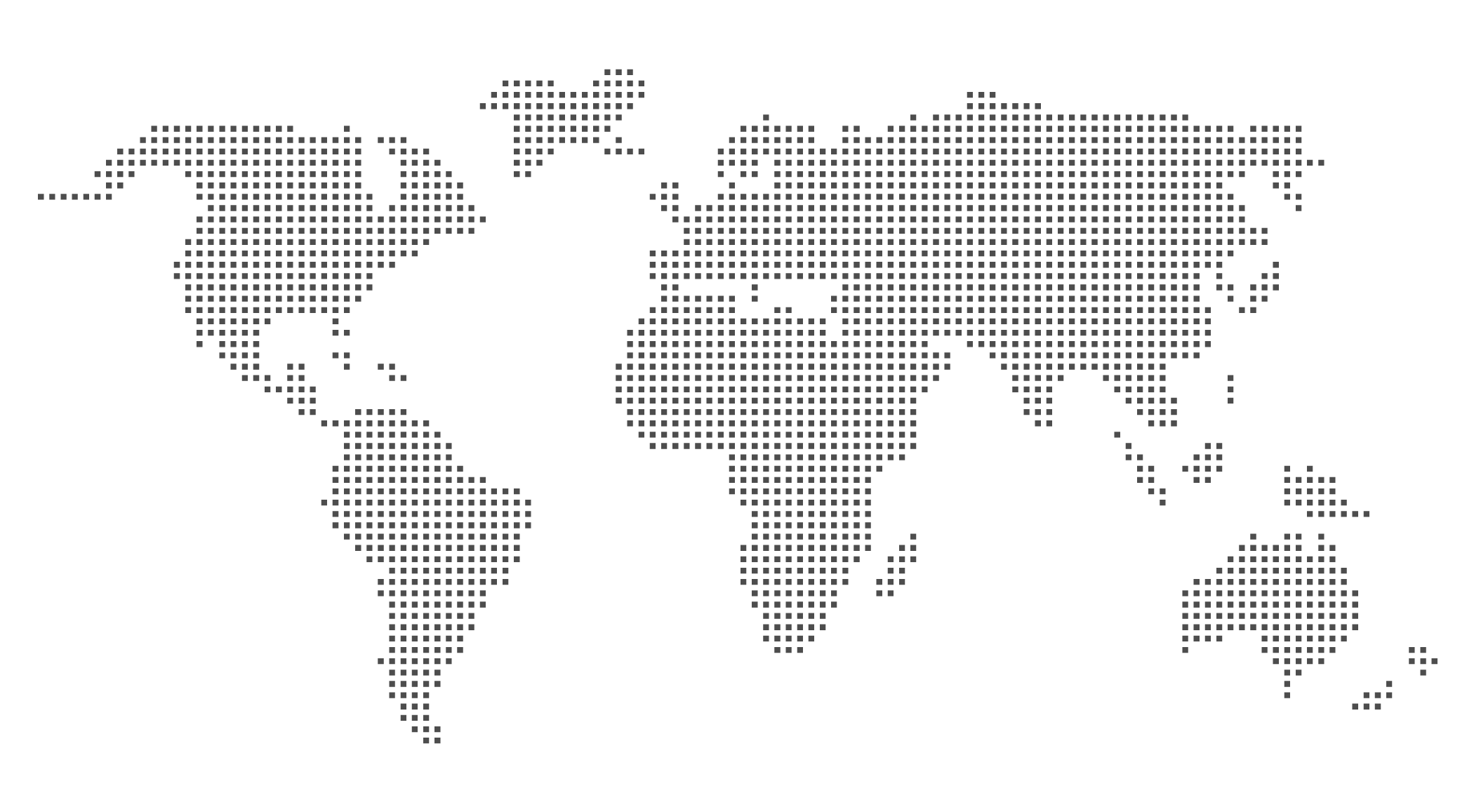We’re Working To Bring Clean Energy to the World’s Fastest Growing Economies

Freetown, Sierra Leone
350,000 tonnes of municipal waste diverted from landfills per year View Project
Kampala, Uganda
550,000 tonnes of municipal waste diverted from landfills per year View Project
Mersin, Turkey
350,000 tonnes of industrial waste diverted from landfills per year View Project
Sri Lanka
735MW of combined wind and solar View Project
Mongolia
300MW wind farm View Project
Sierra Leone
Infinitum Energy has set out to create a meaningful impact in the young and growing country of Sierra Leone by implementing a 1,000 ton per day, waste to energy facility. The facility will produce 30MW of clean, renewable baseload power, increasing the available power to the grid, operated by Electrical Distribution & Supply Authority, under the control of the Minister of Energy, by 40%.
The goal of the project will allow for the safe diversion of approximately 30% of the waste generated in the greater Western Area of Sierra Leone. The Western Area consists of the City of Freetown, the city of Waterloo and some other rural areas, with a combined population of approximately 2.2 million people.”
Sri Lanka
Infinitum Energy has been selected by the Sri Lankan Ministry of Energy and the Cylon Electricity Board to proceed with the development of one wind project and two solar projects for a total combined installed capacity of 488MW. These projects, along with the other 1.5GW that was tendered will help this tourism reliant economy with its need for clean and reliable renewable energy, while reducing the countries impact on imported fossil fuels.
Mongolia
Infinitum has embarked on the development of Mongolia’s largest wind farm at over 417MW, in the province of Dundgovi sum. Once fully commissioned this project will represent a 270% increase in the grid-connected wind generation in the country, which has limited excess capacity and is itself approximately 88% thermal coal generation, thus making it the world’s dirtiest and most carbon-intensive power grid.
Uganda
It is becoming widely accepted that renewable fuels will be an integral part of the energy transition and circular economy of the future. Whether it be renewable diesel or sustainable aviation fuel, our ability to stop the use of these hard-to-abate fuels immediately is not realistic. Low to zero-impact solutions for addressing this transition represent huge opportunities for energy developers.
The city of Kampala in Uganda, is amongst the largest cities in Africa, with a population of approximately 1,700,000, a greater area population approaching 7,000,000, and a growth rate of approximately 4%. Kampala Capital City itself generates roughly 2,500 tons per day of municipal solid waste, of which, approximately 40% is collected. The greater area Entebbe Municipal Council (“EMC”) generates over twice this amount daily. The waste is then disposed of, at either the overcapacity Kiteezi landfill or by illegal methods that include illegal dumping and/or burning.
IEg believes there is a tremendous opportunity within the Entebbe region to take what would be otherwise waste and convert it into renewable fuels, all while creating jobs for the local economy and creating a cleaner and healthier environment for the people of Kampala and the Entebbe region.
Turkey
IEg, along with our local partner Tumen Holding, has embarked on the development of 3 Turkey’s largest Municipal Solid Waste gasification (MSW), waste-to-energy facilities throughout the county. The facilities will have the ability to process up to 1,800, 000 tons per year of MSW generated throughout the country to create up to 305MW of clean baseload power for this fast-growing country.
This group of projects will help the country of Turkey potentially reduce their landfilling by 95%, diverting up to 15,000 tons of waste per day from landfills, increasing the circularity of the economy, while also reducing the country’s reliance in imported natural gas for baseload power.